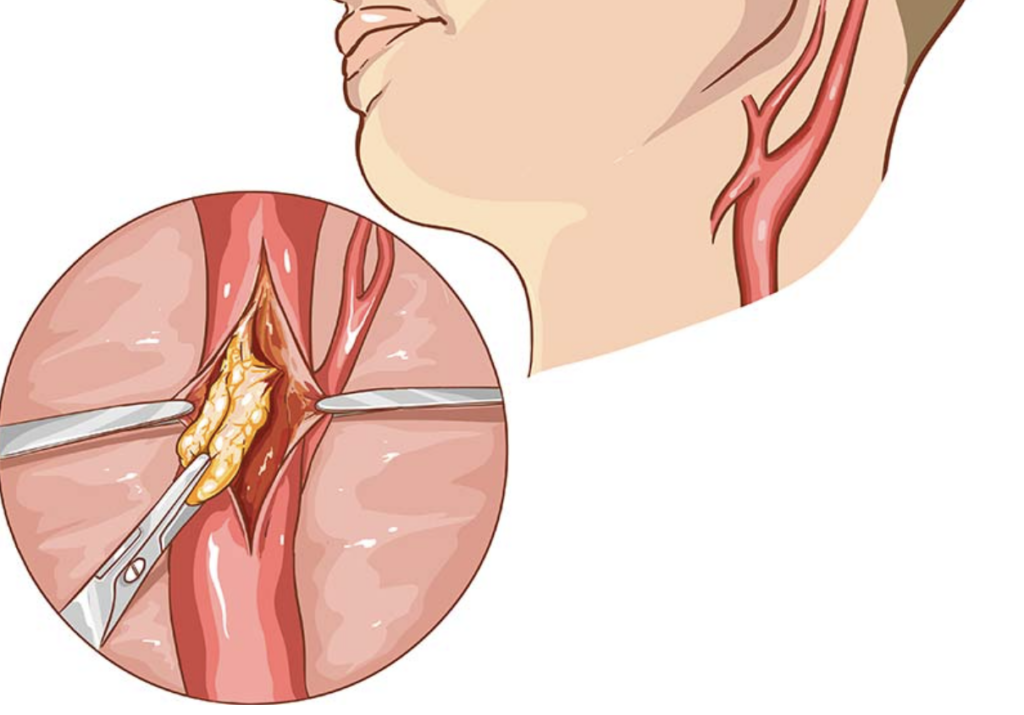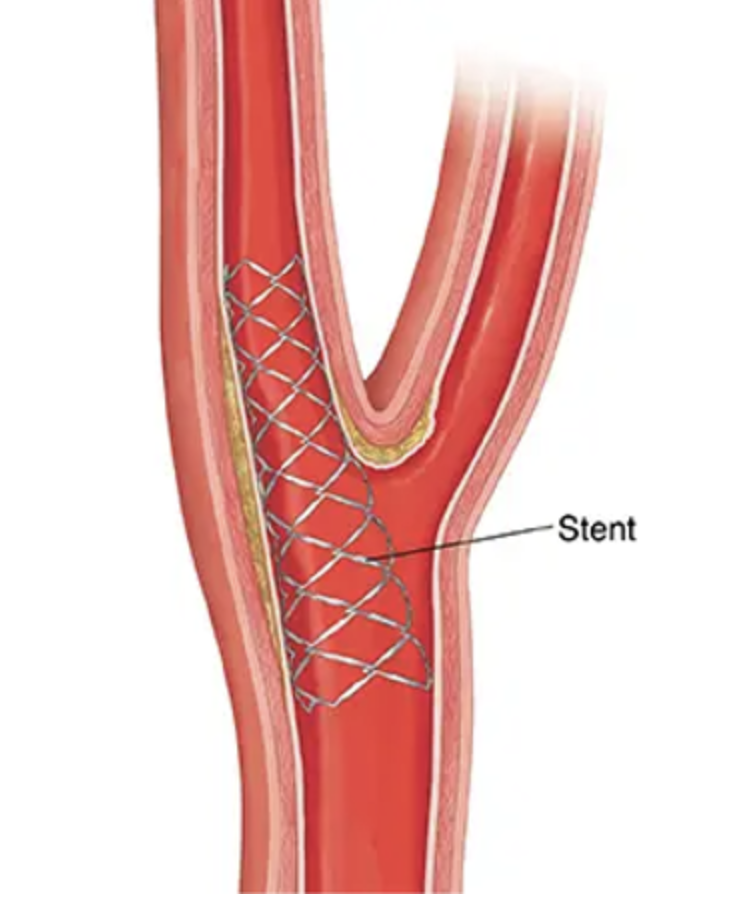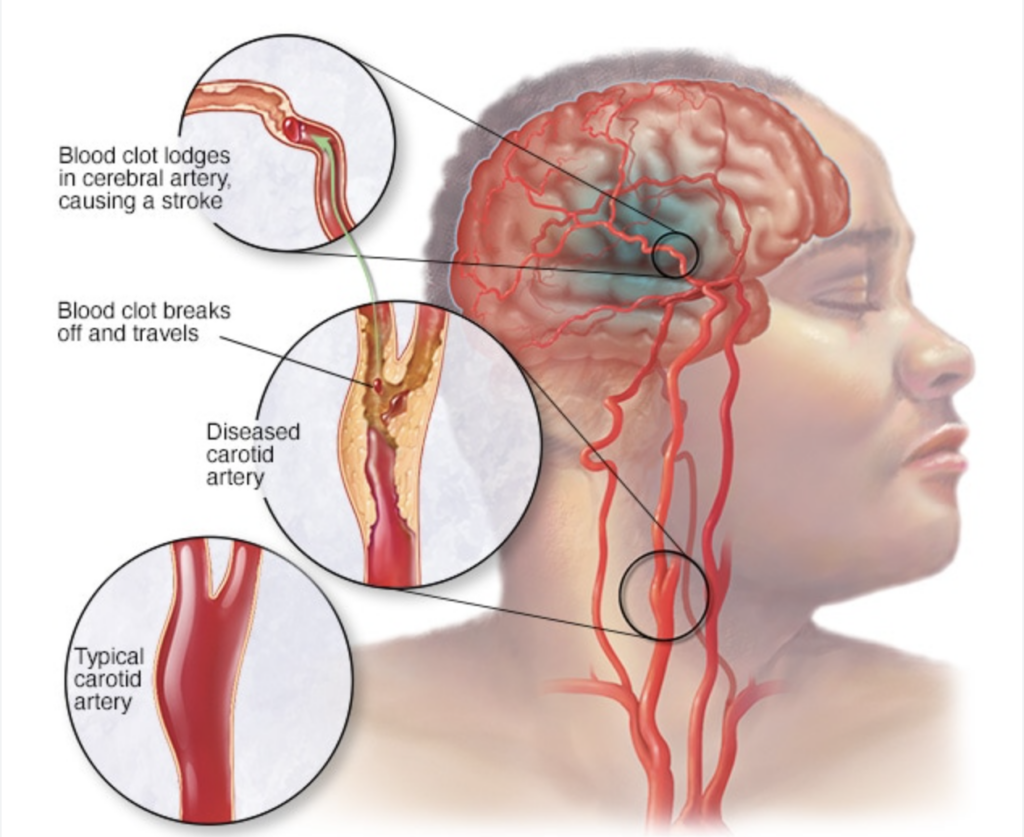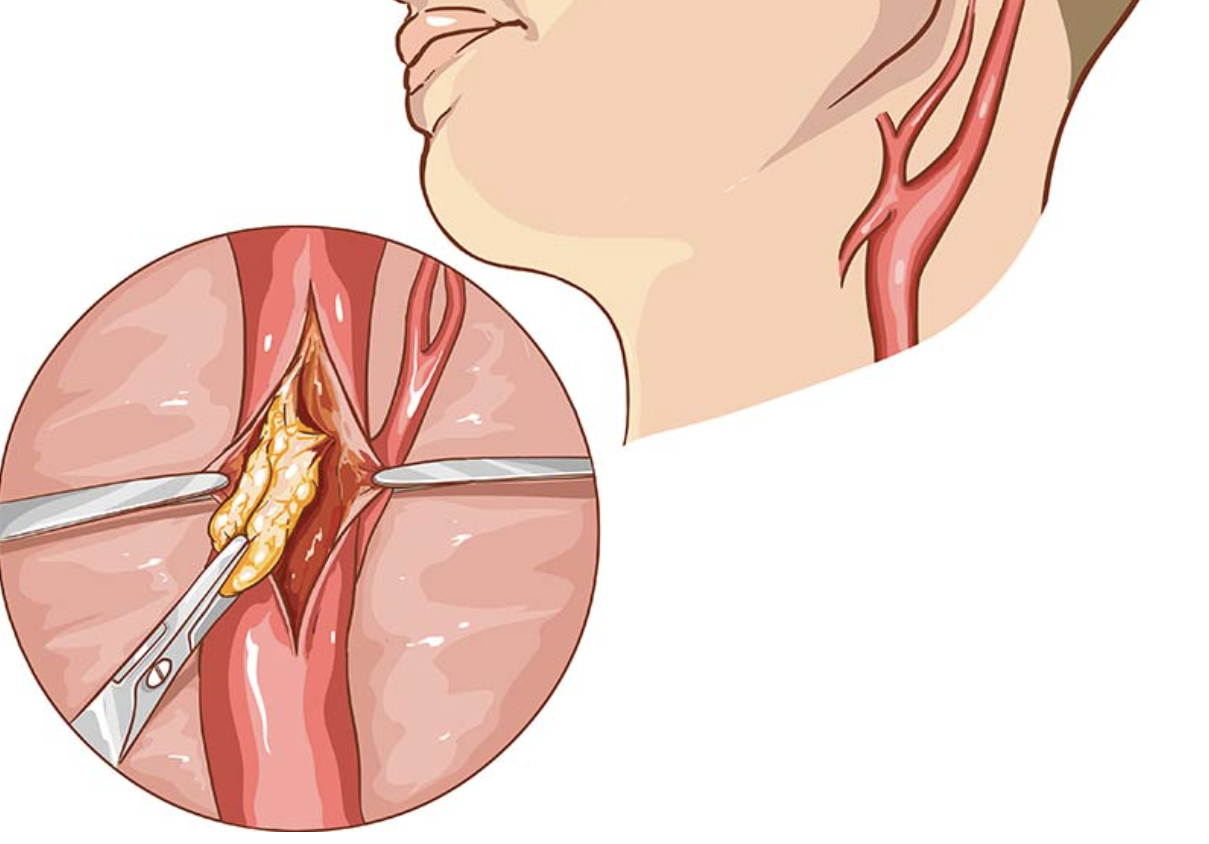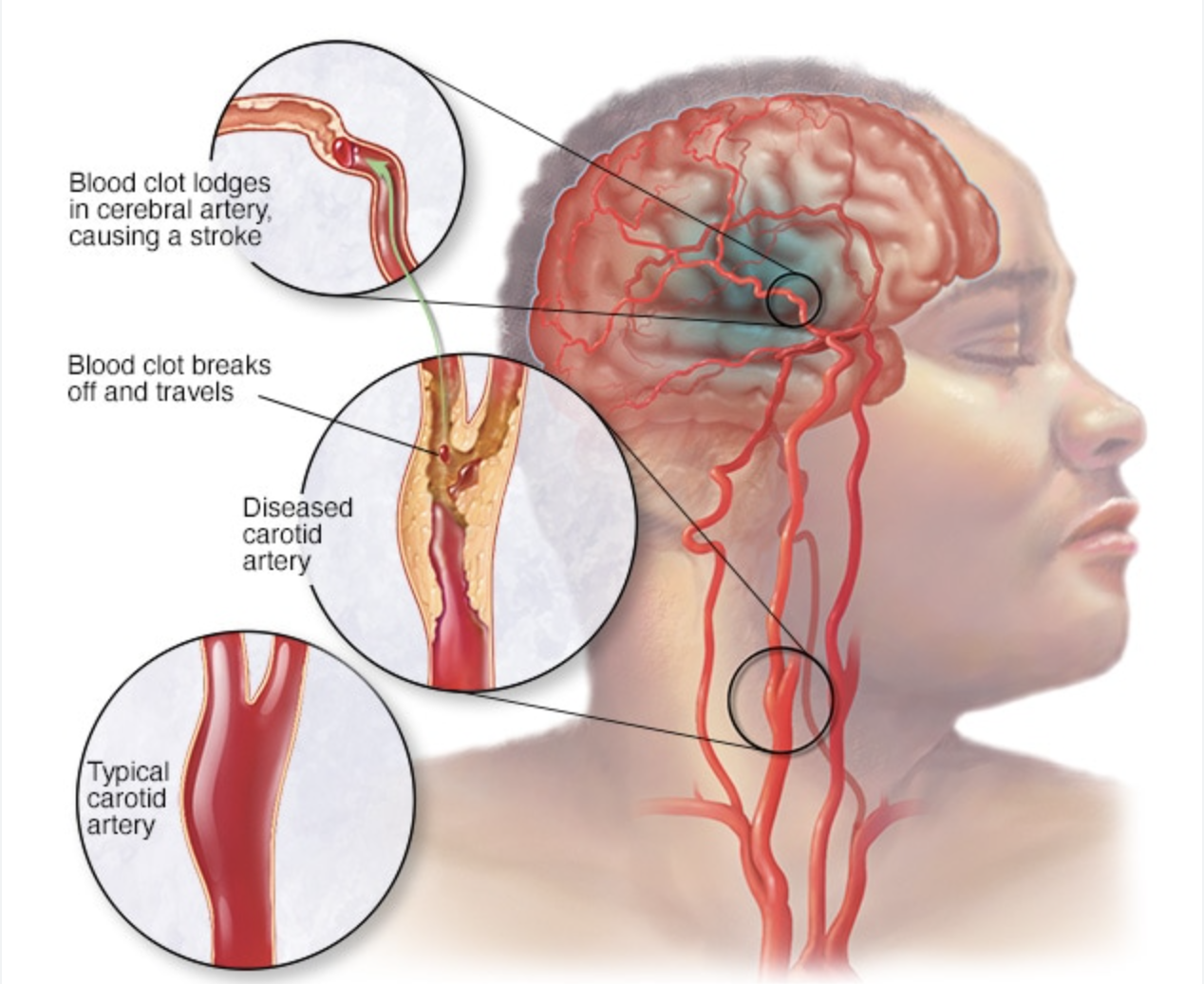Carotid artery disease may not cause any noticeable symptoms in its early stages, which can make it difficult to detect without medical screening. As the condition progresses, however, it may lead to signs of a stroke. These signs can include sudden weakness or numbness on one side of the body, difficulty speaking or understanding speech, or a temporary loss of vision in one eye. Recognizing these symptoms early is important, as they can signal a serious reduction in blood flow to the brain.
The treatment of carotid artery disease depends on the degree of narrowing in the artery, whether symptoms have occurred, and the patient’s overall health and risk factors. Your vascular surgeon will assess these elements to recommend the most appropriate course of action, which may involve one or a combination of different therapies aimed at reducing stroke risk and improving blood flow.
Management options may include lifestyle changes such as dietary adjustments, smoking cessation, and exercise; medications like antiplatelet agents or cholesterol-lowering drugs; or surgical procedures. If the blockage is severe or has already caused a stroke or mini-stroke (TIA), Dr. Hajian may recommend a surgical intervention such as carotid endarterectomy or carotid artery stenting to remove the plaque buildup and help restore adequate blood supply to the brain.
